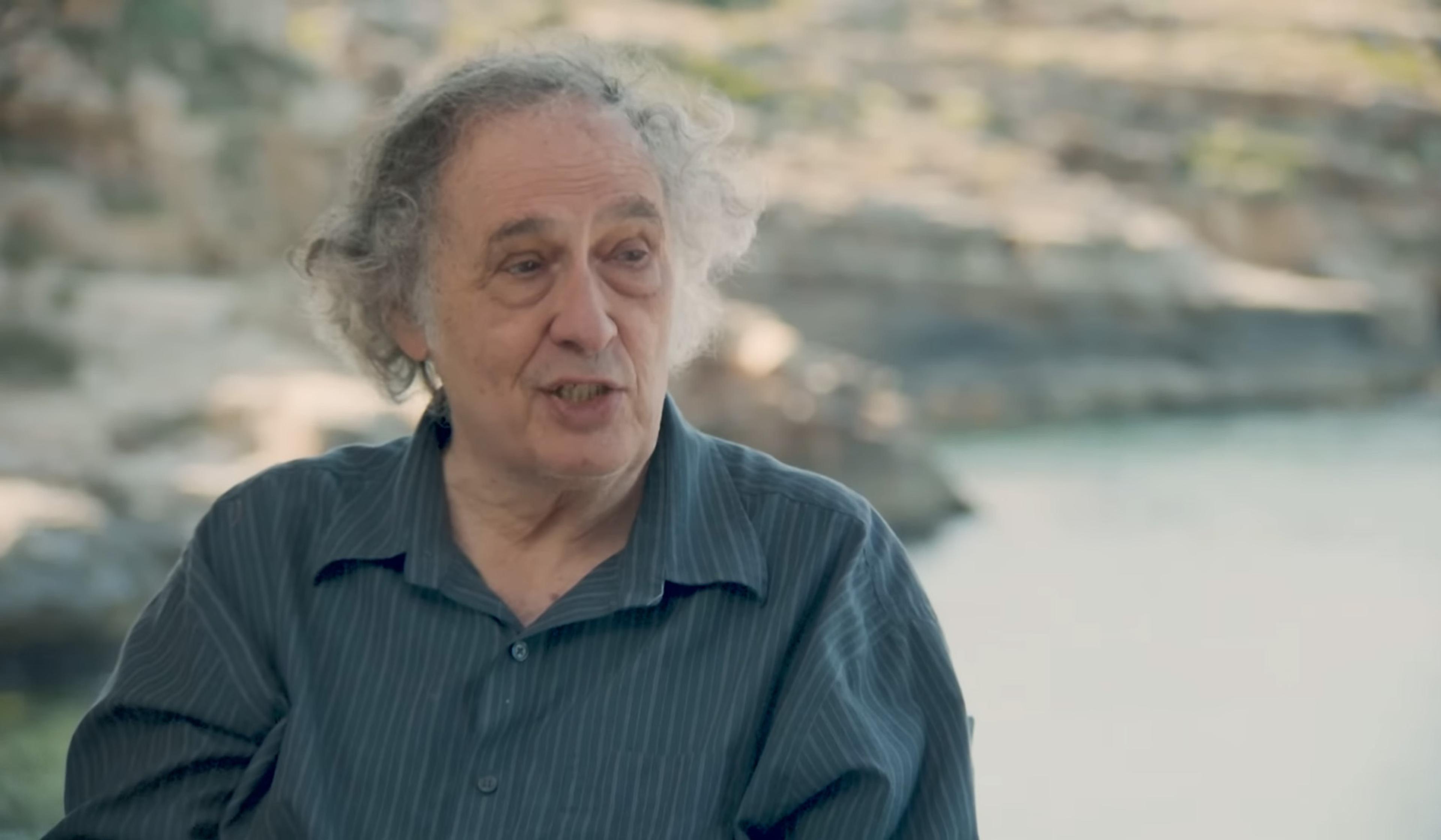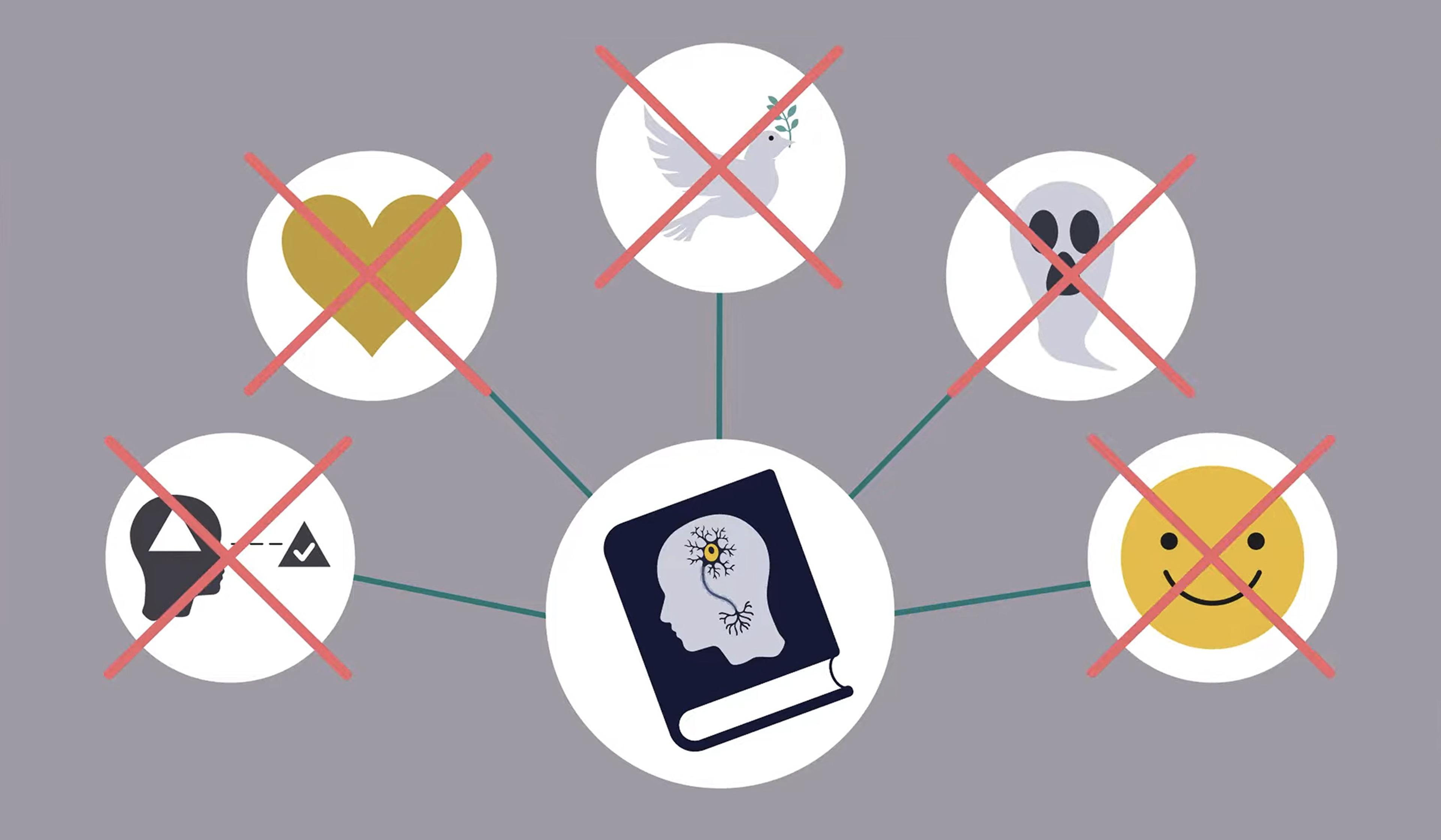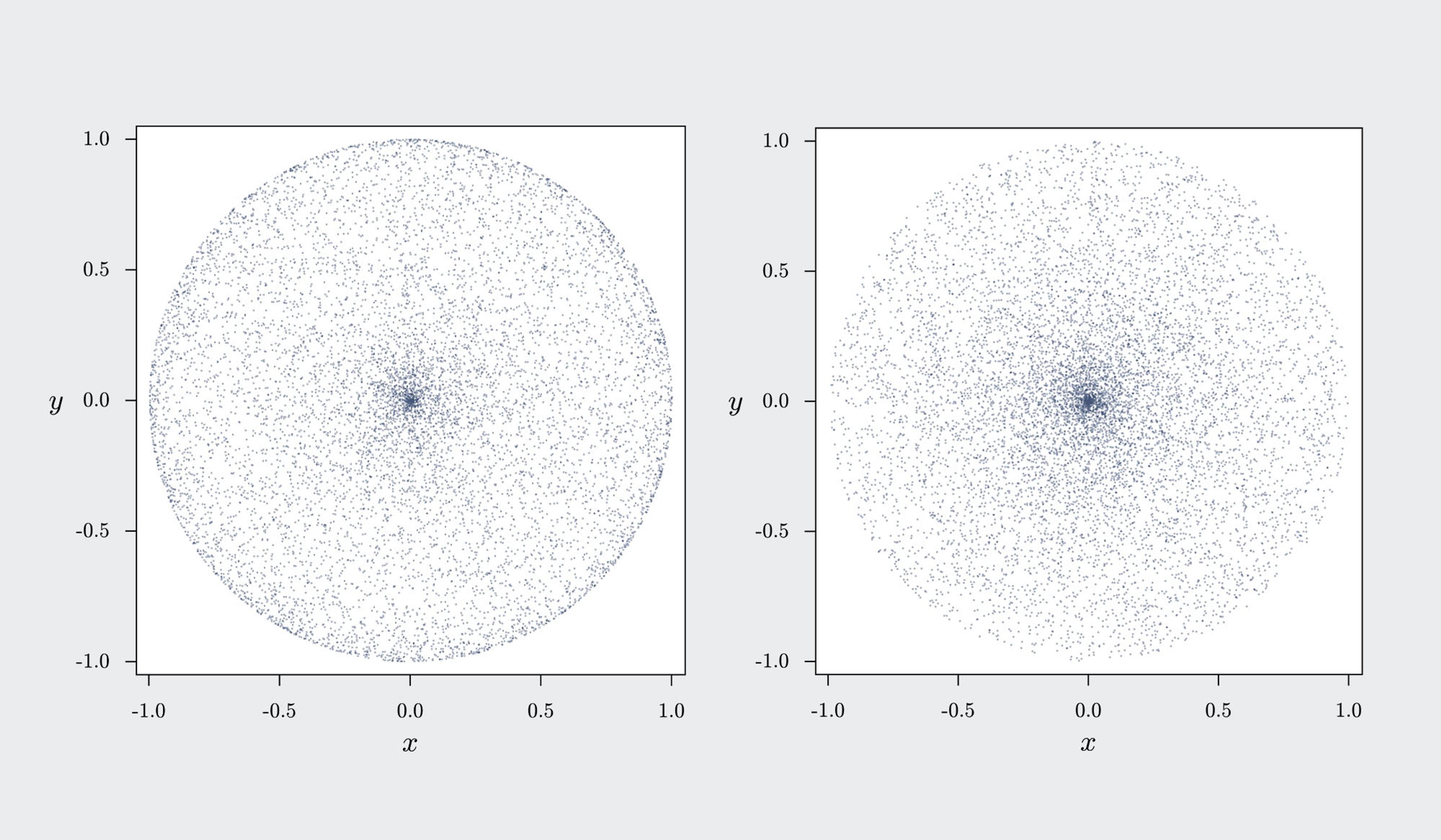Of all the age-old questions of philosophy, the problem of free will might be most likely to result in existential angst. In this video from Wi-Phi or Wireless Philosophy, the English philosopher Richard Holton, formerly of the Massachusetts Institute of Technology and now at the University of Cambridge, outlines the two problems often used to argue that free will doesn’t exist. The first says that, if the laws of physics are fixed, all our choices must be predetermined. The second holds that, with enough computing power and knowledge about how the Universe works, someone could theoretically peer into the future to see the predestined outcomes of our lives – which would also mean we’re not free. However, using a clever thought experiment, Holton demonstrates how the second conclusion doesn’t necessarily follow from the first. That is, our ‘books of life’ can never truly be foreknown, except by a thinker who exists entirely outside physics itself.
If you knew everything, could you predict anything? A thought experiment
Video by Wireless Philosophy

videoPhilosophy of mind
We may never settle the ‘free will’ debate, but tapping into it is still worthwhile
32 minutes

videoPhilosophy of mind
Can we really make conscious decisions, or is agency just a trick of the brain?
2 minutes

videoMetaphysics
Bertrand Russell wanted to kill off causation. Can contemporary philosophy rescue it?
8 minutes

videoPhilosophy of religion
What, if anything, makes an all-good god less absurd than an all-evil one?
4 minutes

videoPhilosophy of religion
How could a benevolent god allow evil? Is it really just a matter of free will?
2 minutes

videoQuantum theory
Mind-bending new quantum experiments are blurring past, present and future
10 minutes

videoPhilosophy of mind
Do we have good reasons to believe in beliefs? A radical philosophy of mind says no
5 minutes

videoLogic and probability
The unresolved probability paradox that goes to the heart of scientific objectivity
8 minutes

videoHistory of ideas
How quantum superposition could unravel the ‘grandfather paradox’
3 minutes